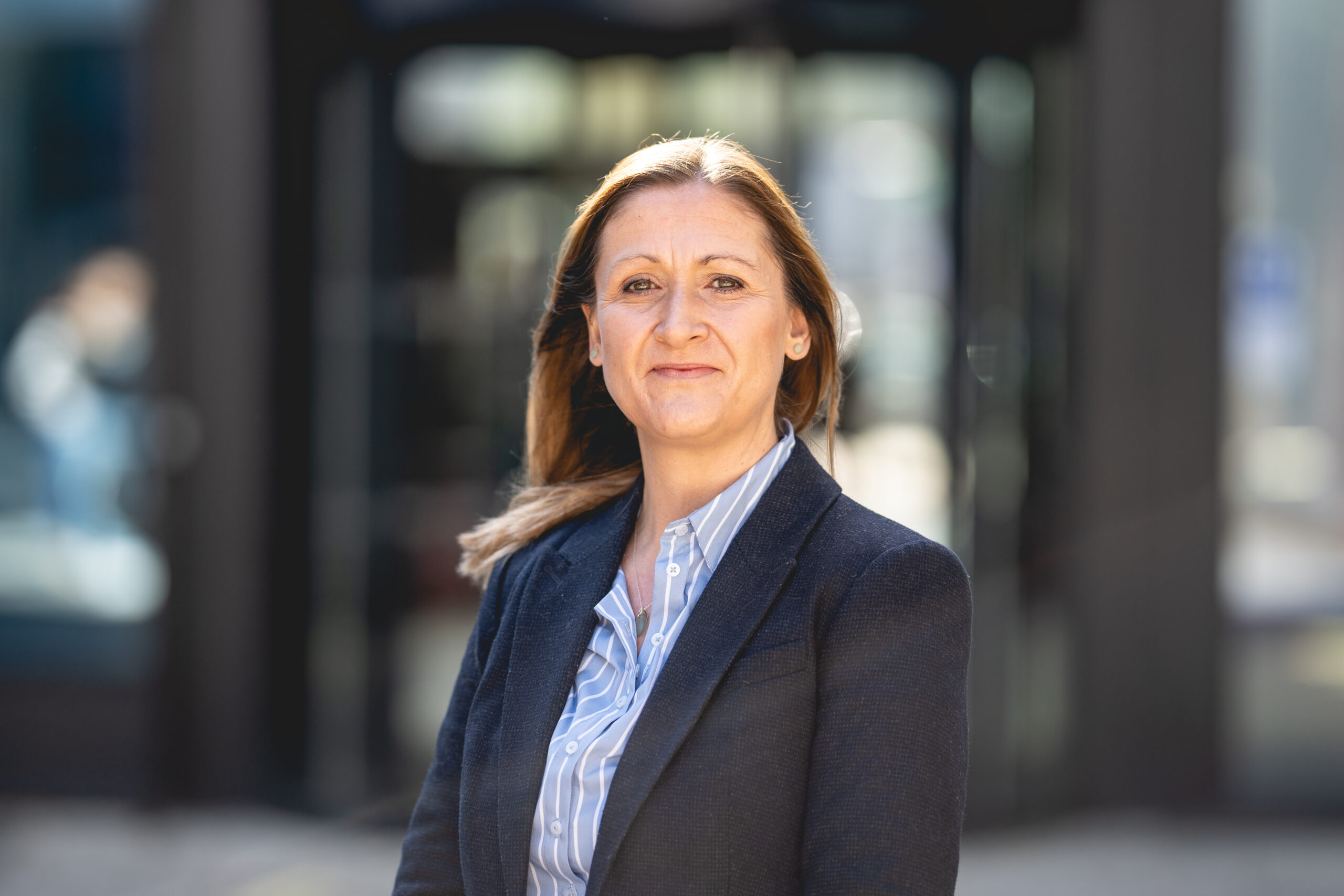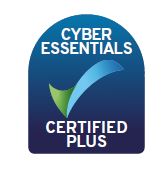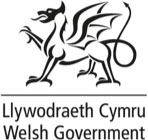
New Cwmpas CEO Bethan Webber starts her first day in post
Today marks a new chapter for Cwmpas, with the appointment of a new CEO. We put your questions to her to find out more about her vision for a greener, fairer economy…
Watch our full interview with Bethan Webber, with a full transcription of the interview below:
Can you tell us a bit about your career before joining Cwmpas?
I have had a long career in the civil service for 17 years, prior to joining the third sector about seven years ago. The bulk of my career has been in policy, I’ve worked in Whitehall, regional government in England, the Welsh Government, and in the Senedd. I’ve been a committee clerk and head of policy across a range of areas; latterly the focus has been on the early years, but historically I’ve worked on climate change and community justice.
I was the clerk of the Public Accounts Committee for a for a while, and Clark of the Equality of Opportunity Committee, so whole raft of different experiences within the civil service.
I made a change seven years ago and went into the third sector. I became the director for Wales for Home Start UK, and then went on to be the chief executive of Home Start Cymru, a family support charity. I’ve been leading the operational side of that for the last few years.
What has been your biggest learning since becoming a CEO?
I became CEO of Home Start Cymru in 2019 following a merger of seven different charities, so it’s a bit of a baptism of fire at the time! Nine months later COVID struck, so we’ve been on a bit of a journey as an organisation, and my CEO journey has been one of constant change.
One thing I’ve learned was that nothing stays the same for long, and we’ve got to adapt as organisations, but also as a leader. You must adapt your style and your preferences continuously to be able to navigate uncertain times.
I learned that I’m quite resilient, in that I enjoy change. I’m positively energised by challenge, and I really enjoy being at the helm of an organisation moving through different periods of challenge.
An organisation is nothing without the people in it, and I’ve learned that as a CEO that I don’t hold all the answers, but I do have the ability to bring people together, create the right conditions for people to contribute their best, be able to ask the right questions that can solve the problems of the day together. Creating a happy safe environment in which everybody can contribute effectively is really key.
I’ve learned a huge amount about my style and myself in a relatively short time through the last period of big change with the COVID pandemic, cost of living crisis, and other internal changes.
What was your first job?
We’ve been talking about this at home quite a bit lately, I’ve got a teenage son we’re trying to mobilise towards working at some point!
I was reflecting with him that from the from quite a young age, around 14, I’ve had had quite a number of jobs before I left school. My first job was a cleaner in the house of a family that I was friends with their son. I was a cafe worker, I cooked breakfast in the local factory, I worked in Safeway as it was back in the day. Actually, I was quite surprised myself by remembering how many jobs I had before I even left home.
How do you relax?
I love being outside, I love being connected to nature. I love walking, and running (a little bit less so lately, more walking.) I like a bit of yoga, being by the sea, travelling.
I love being with my family and people that are important to me, human connection and connection to the world around me is really important.
I love reading, and time on my own! I’ve got three children so it’s a busy environment at home, so I love escaping into a quiet corner with a book. Lots of different things that take me either into a space of human connection, or out of it depending on how I feel!
How would you describe yourself in three words?
Hugely passionate – I’m passionate about the things I believe in, human connection and connection to the world around me.
Caring – I care about people in my life
Curious – I’m inquisitive, I love to learn. I feel like I’m on a constant journey in and out of work as a mum, CEO, friend, daughter, and wife. I’m always learning, and I love finding out more about the world.
Why did you want to come and work for Cwmpas?
I have quite a long-standing relationship with Cwmpas over the years, mainly as a recipient of the services that are provided. I’ve dipped in and out of different programmes over the years, and I’ve always been hugely impressed by everybody that I’ve worked with, and everybody that’s provided expertise and support in my previous roles.
I’m hugely passionate about what Cwmpas stands for; a fairer, greener economy, with people and the planet at the centre. Those are the things that are part of my own belief system, and the things I value personally and professionally.
In previous roles I’ve worked on a number of areas where I’ve dabbled at the edges of the issues that Cwmpas focuses on, and I’m really excited to come and join what I believed to be a fantastic organisation full of amazing people, but focused on something that I’m really passionate about.
It brings together a range of interests I’ve had into one place, so I’m really excited about the potential of the organisation to make change for the future, and to be a part of that journey.
What is your philosophy for steering an organisation?
People are at the heart of any organisation, and an organisation can only succeed in what is setting out to achieve if the people within it are able to contribute their best to be able to move towards that goal.
I like to think of the lighthouse analogy as the philosophy that guides; me a lighthouse is a sign of safety and hope, it’s horizon scanning, looking out for danger, and it’s visible on the horizon. I see my role as being there to scan around strategically, but focusing on how do we create a safe environment.
What is your vision for Cwmpas?
I’m powerfully impressed by the position that Cwmpas has created for itself as one of the biggest development agencies in Wales. I think there’s huge potential to continue to put Cwmpas right at the heart of driving change for the future. At the moment we have an economy that is predominantly based around monetary value, and we know that that’s disproportionately benefiting the few at the expense of the many. I think that there is huge power and potential for Cwmpas to continue to drive forward a different value system in the economy, through supporting social business, and through the range of programmes that we have.
My vision is to continue to build on the great foundations that have been put in place by my predecessor and the team, and to work with a fantastic team of staff to keep driving forward.
What are your priorities for the first few months in the new role? Are there any areas that you feel need urgent improvement?
My priority coming in will be to listen intently and to learn about the work that we’re doing internally, but also to be engaged externally, connecting with other key players in Wales and with communities across Wales.
I’m keen to hear from everybody about the role that they see Cwmpas playing in the future, and what the priorities and challenges are. I think that the challenges will be akin to those for any charity at the moment. Funding is a huge priority for the charitable sector, as well as building and maintaining the strong relationships we have, and making sure that we navigate another period of change for the organisation with stability, and building for the future.
As an all-Wales organization based in South Wales, how do you think Cwmpas could bridge the gap between north and south Wales?
I am originally from the north, so I really understand how it feels to belong as a member of staff, or as a person from a community in the north. There are the same challenges and problems for all marginalized communities that do not feel understood or heard.
It’s difficult, but COVID has created a level playing field for us to come together online. But we must make sure that we come together in person, because it is important to create relationships and get to know each other.
It’s challenging, but I don’t see it as a challenge we can’t overcome. We must make sure that the team looks and comes from these communities, to make sure that we get these voices in our work, and to make sure that we connect with all marginalized communities in Wales to bring different voices into our external work.
How do you see Cwmpas playing a role in addressing current issues like the cost of living crisis?
Cwmpas has a strong role to play. The cost-of-living crisis is disproportionately affecting people that were already marginalised or facing inequalities. We know that social inequality is only set to continue to increase with quite disastrous consequences for many communities. The economic model we have doesn’t benefit people in general, it benefits the few, and Cwmpas is passionate about creating a fairer economy.
I think we can play a part in supporting the formation of a different economy through our support and development work with social businesses, charities, and cooperatives. And I think there’s a strong role to play both in terms of influencing change for the longer term, but in the short term generating greater community ownership of business and greater community power.
Sharing power, breaking down some of the power inequality that perpetuates the systems that we have, systems that are at breaking point themselves and are not serving people well. As the cost-of-living crisis continues, and the climate crisis continues, the impacts of COVID continue to bite, the pressure on those services continues to grow. We need a different model. We need communities to be taking decisions and taking power back into their hands to drive forward in very different way.
I heard somebody from Partneriaeth Ogwen in Bethesda, which is where I grew up, talking about disadvantage, and perception of disadvantage. People from an outside perspective see disadvantaging communities in one way, but within a community there is also much that is positive. They are constrained in their ability to release that asset and enable a more positive way of living alongside the cost living challenges.
It’s exciting to see the regeneration of these places where they start to provide hope for young people. It’s really lovely to see the turning around of the economic migration that we’ve seen in generations before, where people haven’t seen hope of a positive prosperous life in these places.
The powerful work that’s going on in those partnerships is incredible, and it’s really turning community challenges that have been there for years and have always been a source of friction and tension, into positive outcomes. It’s incredible, and really powerful to see.
What does a good team culture look like to you?
I think a good team culture is one in which people are well connected and valued.
There’s trust, safety, and space for healthy conflict, where people are empowered to get on with their work and fulfil their roles in the way that plays to their strengths, and gives them autonomy to act.
I think flexibility, for me, has always been really key, as a woman working in senior roles and juggling that the demands of family life. Other people have different things to juggle, it’s not all about families. It’s about enabling people to balance the priority of work and fulfil their career ambitions in a way that enables them also to prioritise the things that are important to them in the world outside of work. I think in that space you can create a strong culture where people are free to do their work in the best way possible, but in a way that is balanced against their happiness in a moralistic way.
Cwmpas is now a fully remote organisation – how are you going to promote company culture and values with everyone working from home?
Building relationships with each other, and getting to know each other, is fundamental to a strong positive culture and working together effectively.
That’s undoubtedly more difficult remotely, in many ways. We connect very differently in person, that’s the way we are made as humans, and everybody’s different, so some people find it easier remotely and others as find it easier in person.
But I think for me it’s about communication, and striking a balance. You can communicate online, but also make sure that you are providing opportunity to connect physically, bringing people together positively and powerfully, in a focused way so that you’re making the best use of people’s time.
I think it’s about setting the right behaviours, and living and breathing that through the entire way that you work, so that connection and communication is a fundamental part of how you operate as an organisation.
It’s challenging, but I think having some fundamental building blocks in place can really make it work, and it also enables people to balance their lives in in in a better way. I think it’s broken-down barriers that were there for generations, now it’s about finding the right balance to make it work.
What is your vision for bringing affordable housing into reality for people in Wales? From Gŵyr CLT
It’s a complex area, and it’s one that I will have a lot to learn on, I’ll be honest. My thinking is that communities really need to own the solutions to this, communities themselves have so much to contribute, they know best. I would want to listen to them about how they see solutions working.
I do know that it’s a complex area, and it can be difficult for communities to build their own homes, and access to capital is particularly difficult. I know that we’re thinking about that and looking at how we might be able to help in that space, so I’m really looking forward to getting to know more about it.
What part can Cwmpas play in decarbonising Wales? From Allan, Social Business Wales
Again this is an area that I’m looking forward to learning more about. I think Cwmpas’ strategy really sets a strong platform, and it sets our intentions, and I hope that as an organisation we will be able to demonstrate leading the way in becoming more sustainable as we move forward.
We’ve taken a big bold step of closing offices, which I’m hugely impressed by as an outsider, what a bold and brave decision that was. I think during COVID we were able to navigate remove working, and a lot of organisations moved back to office working straight away.
In terms of decarbonization more generally, I do believe that behaviour change is key, and as we are working with communities and social businesses there is a role for Cwmpas to play in supporting that behaviour change, which will ultimately change the way consumers operate, and hopefully drive those with more power to do more fundamental things to operate differently.
Based on your experience at Home Start Cymru, do you think there’s a role for Cwmpas in enhancing co-operation in the early-years and childcare sector? Supporting the development of Childcare Co-ops for instance? From Hugh, Communities Creating Homes
Yes absolutely, there is a real role for Cwmpas in the early years. I think childcare Co operatives are ones we automatically think of, there are a few good examples already, particularly in England.
Childcare is as a business model is not an easy one to make viable, it’s not without complexity, but it’s absolutely relevant to the cooperative model. There are lots of examples, like residential childcare for looked after children.
The Welsh government prioritises removing profit from care, which provides a real opportunity for the cooperative model to step in.
More broadly, the early years is all about giving children the best start in life. The children of today are our future generations, and if we are looking for a fairer greener economy with people and planet at the centre, then we have to start in the early years, and we need to be driving behaviour change with children.
Some great examples around the world focus on climate change and connecting children and communities back into their natural world, creating that passion and ownership of their natural environment which sets them up then to behave differently as they move forward into adulthood.
There’s a lot to think about, and a lot to workout in my own mind, but I hope my experience will be helpful in identifying where Cwmpas’ role can be in that space.









